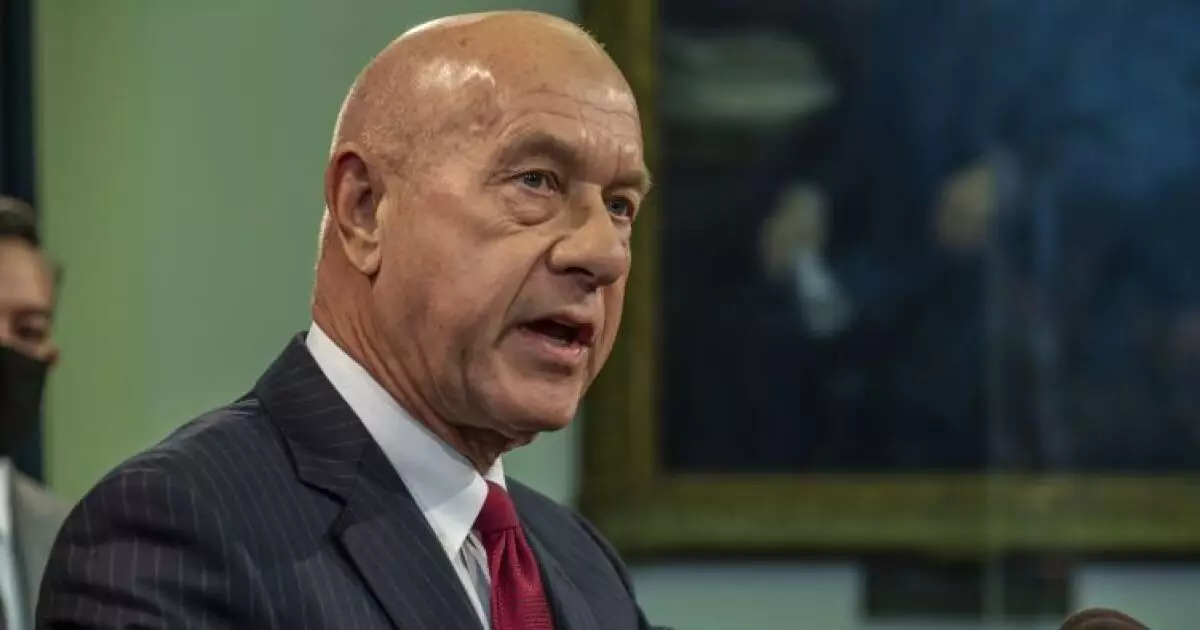In a bid to address considerable financial challenges and streamline operations, Houston’s city officials have introduced a comprehensive plan aimed at enhancing fiscal responsibility and efficiency. During a recent city council session, Mayor John Whitmire outlined the objectives of this roadmap, which seeks to implement findings from an Ernst & Young efficiency study commissioned the previous year. The roadmap is particularly timely, as the city grapples with notable deficits while aiming to sustain essential services.
With fiscal year 2025 starting on July 1 with a staggering $7.3 billion budget, Houston is facing significant hurdles. This budget incorporates over $3 billion specifically earmarked for the general fund, relying heavily on reserve funds to bridge budgetary gaps. The city’s financial health has attracted scrutiny from rating agencies, with Fitch Ratings and S&P Global shifting its outlook on Houston’s AA ratings from stable to negative, primarily due to diminishing reserves. In contrast, Moody’s maintains its stable outlook on Houston’s Aa3 rating, albeit with cautionary notes regarding the pressing financial circumstances.
The Impact of Settlements and Legal Obligations
Recent settlements, particularly with firefighters resulting in a substantial $650 million payment and a multi-year agreement that includes pay increases, further strain the city’s finances. As negotiations with the police union progress, including potential impacts on overall budget priorities, the urgency of the financial situation compounds. An ongoing legal matter concerning a dedicated fund for drainage and road maintenance adds another layer of complexity, obligating the city to allocate a minimum of $100 million annually to these needs. Absorbent payments scheduled for June threaten to deplete the projected fund balance, exacerbating an anticipated structural deficit that may exceed $300 million.
Mayor Whitmire’s forecast suggests that the efficiency study could yield spending reductions ranging from 5% to 15%, a significant but gradual improvement aimed at enhancing operational delivery. Such adjustments, however, won’t materialize overnight, and their efficacy will necessitate careful monitoring and evaluation.
A Path Forward Through Accountability and Transparency
Houston Controller Chris Hollins concurs with the mayor’s optimistic outlook, pointing to tangible opportunities to eliminate waste within city operations. Yet, he emphasizes the necessity for a detailed assessment of the financial implications stemming from these efficiencies. There is a clear call for the establishment of an emergency task force dedicated to tackling the escalating financial challenges that Houston faces, reinforcing a proactive approach to fiscal management.
As Houston navigates this tumultuous financial terrain, the importance of transparency and public engagement cannot be overlooked. As Mayor Whitmire aptly noted, enhancing the efficiency of city services may foster greater public confidence and potentially open avenues for seeking additional revenue sources. In essence, a commitment to strategic financial planning, coupled with operational accountability, forms the backbone of Houston’s aspirations for a sustainable future. While the journey toward fiscal stability may be arduous, it is one that is crucial for the well-being of the nation’s fourth-largest city and its residents.


Leave a Reply